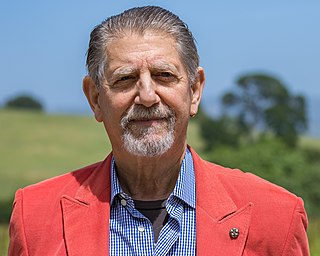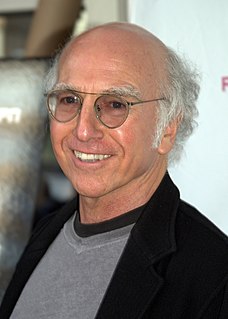A Quote by Colin Ward
The terrifying breakdown of social cohesion in the American city, in spite of intense institutionalized police surveillance equipped with every sophisticated aid to public control, illustrates that social behaviour depends upon mutual responsibility rather than upon the policeman.
Related Quotes
You could make a good case that the history of social life is about the history of the technology of memory. That social order and control, structure of governance, social cohesion in states or organizations larger than face-to-face society depends on the nature of the technology of memory - both how it works and what it remembers. In short, what societies value is what they memorize, and how they memorize it, and who has access to its memorized form determines the structure of power that the society represents and acts from.
My Third-World roots remind me that the vast majority of our fellow human beings live hungry, sick, and uneducated, and that most social scientists, even in that world, ignore that ugly reality. This is why my papers in mathematical sociology deal not with free choice among 30 flavors of ice-cream, but with social structure, social cohesion, and social marginality.
Anarchism is grounded in a rather definite social-psychological hypothesis: that forceful, graceful and intelligent behaviour occurs only when there is an uncoerced and direct response to the physical and social environment; that in most human affairs, more harm than good results from compulsion, top-down direction, bureaucratic planning, pre-ordained curricula, jails, conscription, states.
Obesity is the result of a loss of self-control. Indeed, loss of self-control might be said to be the defining social (or anti-social) characteristic of our age: public drunkenness, excessive gambling, promiscuity and common-or-garden rudeness are all examples of our collective loss of self-control.
Almsgiving tends to perpetuate poverty; aid does away with it once and for all. Almsgiving leaves a man just where he was before. Aid restores him to society as an individual worthy of all respect and not as a man with a grievance. Almsgiving is the generosity of the rich; social aid levels up social inequalities. Charity separates the rich from the poor; aid raises the needy and sets him on the same level with the rich.






































